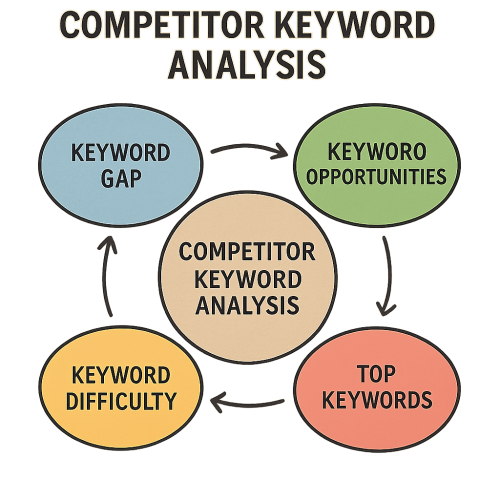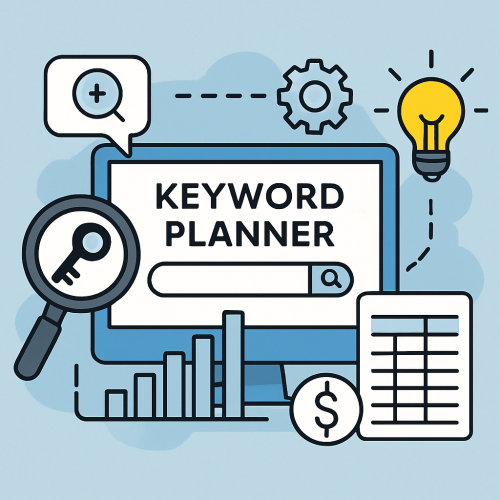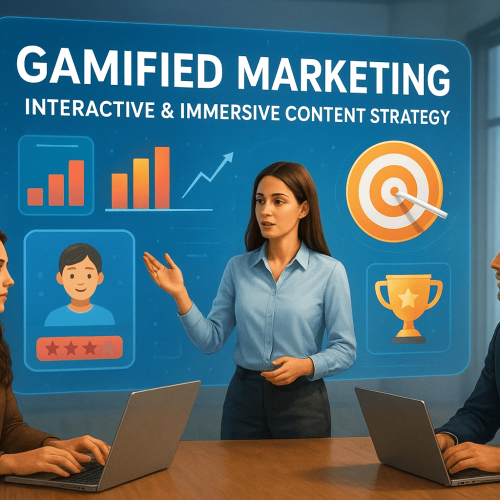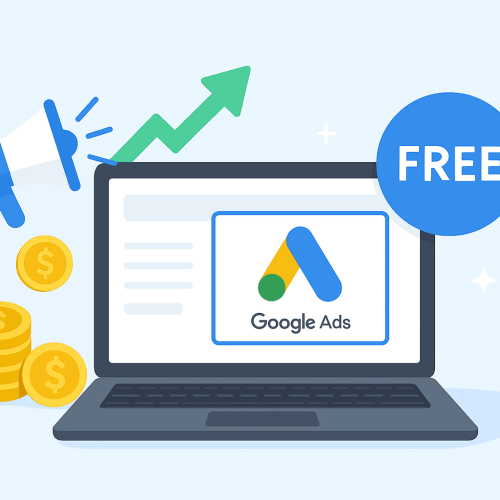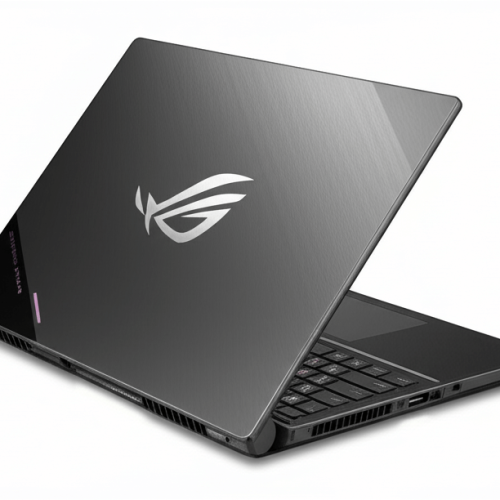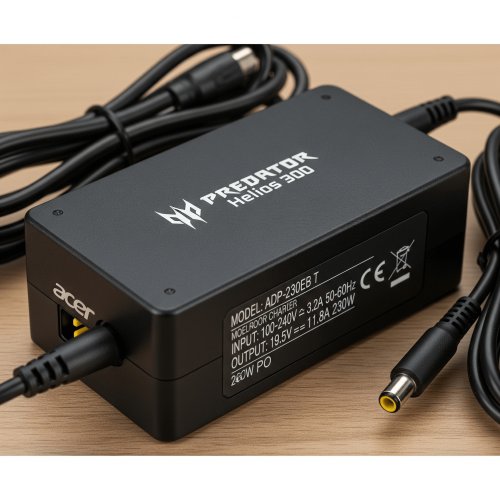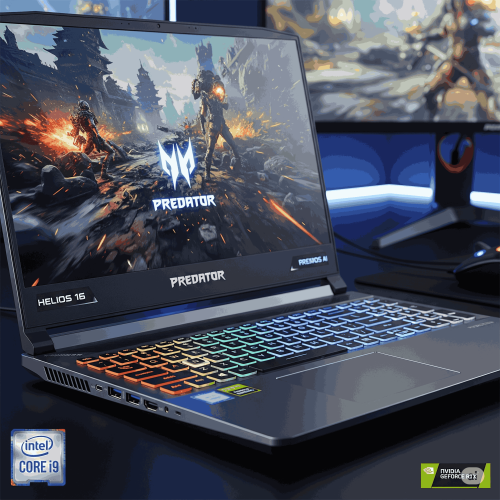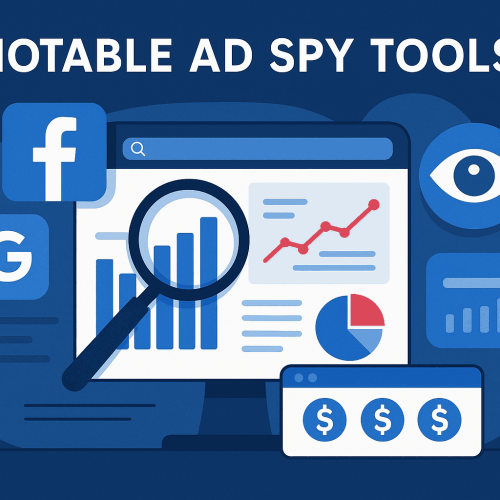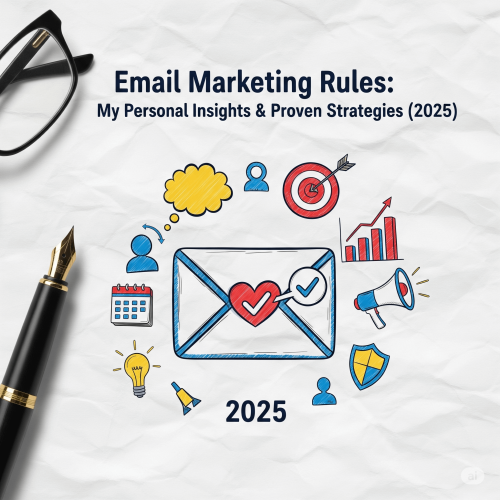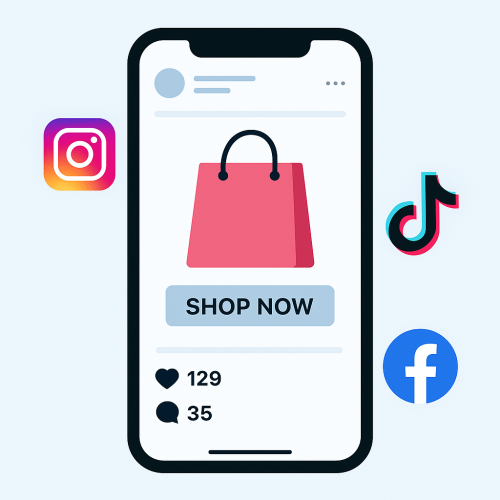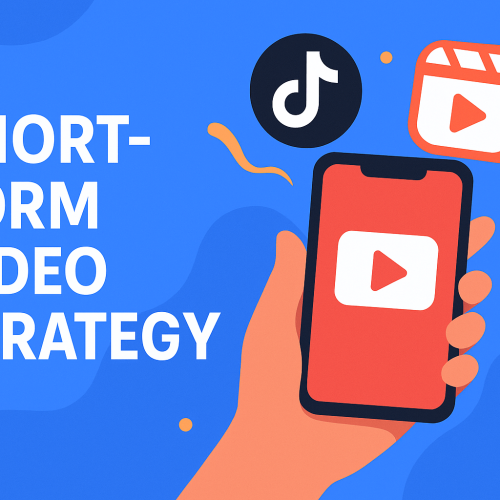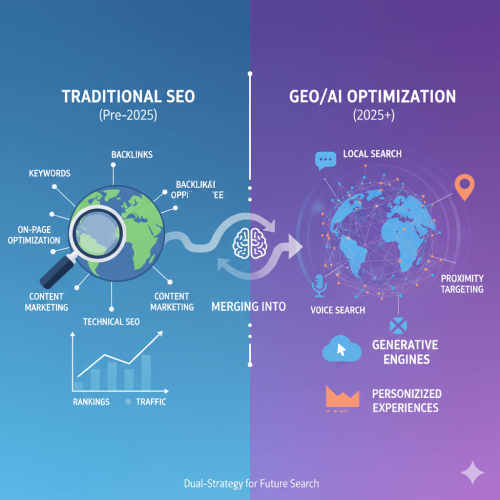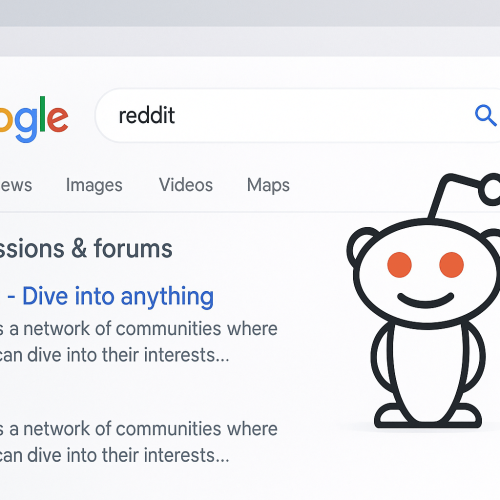A Story of Engagement: From Swipe Fatigue to Surprise Quizzes

Ella, a digital marketing lead at a lifestyle brand, noticed a troubling trend.
Despite a strong follower base and regular posting, their Instagram engagement was plateauing. Email open rates were slipping. Static content—even if beautifully designed—wasn’t holding attention anymore.
So she tried something different.
Instead of the usual product drop, her team launched a “This or That” interactive quiz on Instagram Stories. It walked users through a series of fun personality questions—ending with a product recommendation tailored to their results.
Not only did story views spike by 38%, but swipe-up clicks increased by 51%. Sales from Instagram that week doubled.
That single campaign taught her a powerful lesson: Modern users don’t want to scroll—they want to play.
Welcome to the age of gamified engagement.
What Is Gamified Content Marketing (and Why It Works Now More Than Ever)
Gamified marketing means embedding game mechanics—points, badges, levels, progress bars, challenges, and interactivity—into your content or campaigns to motivate user participation.
But in 2025, it’s no longer just about spinning a prize wheel on your website. Today’s gamified experiences are immersive, data-rich, and platform-integrated, offering a seamless fusion of entertainment and conversion.
Why now?
Because your audience is overstimulated. A Microsoft study shows the average attention span is 8 seconds—shorter than a goldfish’s. At the same time, Gen Z and Millennials, who make up over 60% of online consumers, have grown up on interactive platforms like TikTok, Twitch, and mobile gaming.
According to Demand Gen Report (2024), 93% of marketers say interactive content is more effective at educating buyers than static formats, and 81% agree it grabs attention better.
The Psychology Behind Gamification
Gamification taps into core human motivators:
| Motivator | Game Mechanic Example | Marketing Application Example |
|---|---|---|
| Achievement | Points, levels | Loyalty programs, challenge completions |
| Curiosity | Unlockable content | Progressive quizzes, gated product reveals |
| Competition | Leaderboards, rankings | Referral battles, influencer leaderboard contests |
| Rewards | Badges, prizes, instant wins | Spin-to-win wheels, gift unlocks |
| Ownership/Progression | Profiles, saved progress | Interactive journeys, personalized dashboards |
These mechanisms stimulate dopamine and trigger the brain’s reward systems—keeping users engaged, longer.
Creating immersive experiences is a powerful way to capture attention. But to truly engage customers and drive conversions, these experiences must be strategically woven into a larger digital marketing funnel. ‘Understanding Digital Marketing’ provides the complete foundation—from SEO and email to social and analytics—needed to ensure your interactive content works hard to achieve your business goals. Build a complete strategy, not just a single tactic. Get the guide.
Interactive and Immersive Content Types That Drive Results
Let’s move past “trendy” and dive into tactically effective gamified formats.
1. Personality Quizzes and Product Match Tools
Users love discovering things about themselves—and even more so when it leads to a product.
Example: Fenty Beauty’s “Shade Finder Quiz” uses AI and a gamified decision tree to recommend foundations based on skin tone, mood, and selfie uploads.
Stat: Buzzfeed-style quizzes see an average conversion rate of 40% when linked to personalized offers. (Outgrow, 2024)
2. Progressive Web Experiences (Microsites + Gamification)
Rather than flat landing pages, brands now use mini-sites with unlockable content, visual progress bars, or choose-your-own-adventure flows.
Example: Nike’s “React Land” campaign gamified a virtual running game to introduce a new shoe—users controlled avatars with their mobile phones and received personalized performance stats at the end.
Result: 6-minute average engagement time and massive UGC sharing.
3. Augmented Reality (AR) Filters and Lenses
Interactive AR tools let users “try on” products, engage in mini-games, or experience immersive narratives.
Example: IKEA’s AR app lets users gamify home decor by placing 3D models of furniture into their real space, helping reduce return rates and boost buyer confidence.
Stat: Shopify found that AR-enabled products increased conversion rates by up to 94% compared to non-AR items.
4. Interactive Videos and Live Polling
Live streams and videos with clickable CTAs, branching storylines, or embedded polls drive lean-in engagement.
Example: Adobe’s “Creative Clash” let viewers vote in real-time during a designer face-off, influencing the outcome.
Result: 2x viewer retention vs. traditional webinars.
5. Gamified Email Campaigns
Add spin-to-win popups, scratch-to-reveal codes, or level-up loyalty tiers right within the email or upon click.
Example: DTC brand Dr. Squatch created a game-themed email with embedded arcade-style animations—leading to a 72% increase in CTR.
How Serious Digital Marketers Can Leverage Gamification at Scale
Here’s the blueprint:
Step 1: Identify the Why?
- Do you want to reduce bounce rate?
- Drive more UGC?
- Improve time-on-site?
- Collect zero-party data?
Match game mechanics to marketing goals.
Step 2: Choose the Right Platforms and Tools
| Goal | Recommended Tools |
|---|---|
| Quizzes/Product Match | Outgrow, Typeform, Interact |
| Interactive Video | Wirewax, Verse, Loomie |
| AR Integration | Snap AR Studio, 8thWall, ZapWorks |
| Microsite Creation | Webflow, Landbot, Tiled |
| Email Gamification | Mailmodo, Vero, Gamify Email Widgets |
Step 3: Use Data to Personalize the Experience
Gamified content is a goldmine for zero-party data (info users intentionally share). Use it to:
- Refine segments
- Improve retargeting
- Power DCO (Dynamic Creative Optimization) campaigns
Data Insight: Marketers who use interactive experiences to collect zero-party data see 2.5x higher engagement rates in follow-up campaigns. (Forrester, 2024)
Step 4: A/B Test the Gamified Funnel
Not all games work equally for all audiences. Use version testing for:
- CTA placement
- Entry point (email vs. social)
- Gamification mechanics (quiz vs. challenge)
The winners will not only convert better—they’ll earn more time and attention.
How We Help Digital Marketers Build Gamified Strategies That Work
We specialize in designing end-to-end gamified marketing systems—not just gimmicks.
Here’s how we support serious teams:
- Gamification strategy audits to identify engagement drop-off points
- Quizzes, calculators, and experiences designed for conversion + data capture
- Interactive funnel optimization, from email to AR-powered checkout
- Real-time analytics dashboards to measure behavioral patterns and ROI
- Tech integration with your CRM, CDP, or eCommerce platform
We don’t just add “games” to your marketing. We engineer experiences that move users toward revenue.
Final Thoughts: Marketing Is No Longer Passive—It’s Playable
The most successful brands in 2025 aren’t shouting louder—they’re designing smarter, interactive brand worlds where users feel involved, empowered, and entertained.
Gamified content isn’t a gimmick. It’s a strategy grounded in behavioral psychology, AI integration, and engagement science. It creates two-way value—the user has fun, and the brand learns more, earns more, and stays top-of-mind.
So the real question is:
Are your users just watching your content—or are they playing it?
You’ve now seen the future of engagement with immersive content. But even the most cutting-edge tactic fails without a solid strategic foundation across all digital channels. ‘Understanding Digital Marketing’ is your complete roadmap—your guide to mastering the fundamentals of SEO, PPC, social, email, and analytics, and understanding how to blend them all together into successful, customer-centric campaigns. Don’t just experiment; master the craft. Get your copy here.
Related posts
Why Transparent & Sustainable Marketing Wins: Stats, Strategy, and Brand Ethics for 2025
Social Commerce 2025: How to Turn Scrollers Into Buyers (Data-Backed Strategies)
Storytelling Intro: The Static Campaign That Cost a Brand Millions
Short-Form Video Strategy Guide: TikTok, Reels & YouTube Shorts for Digital Marketers

